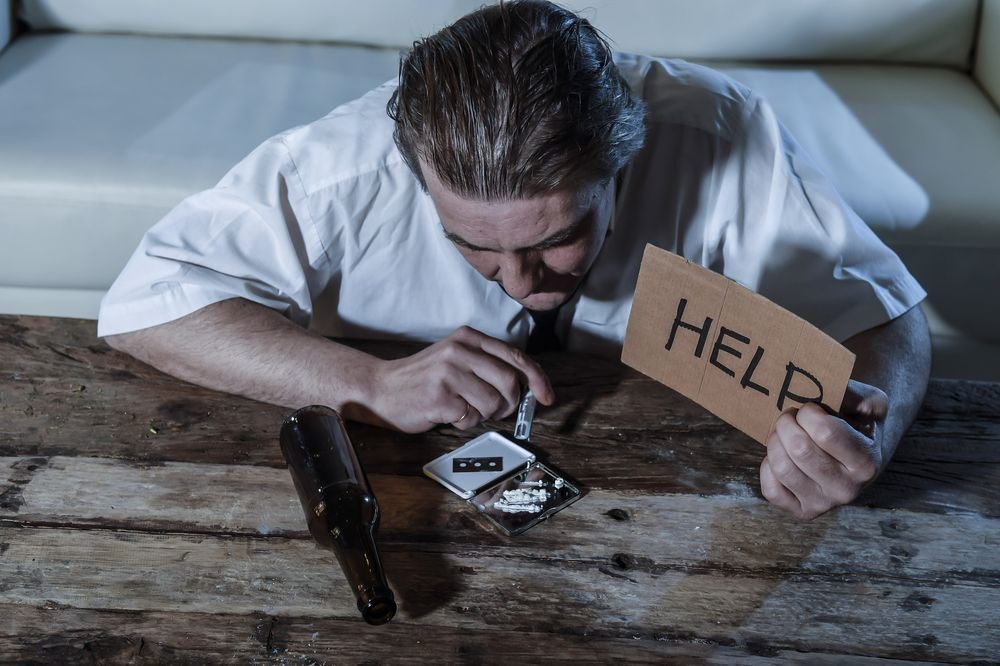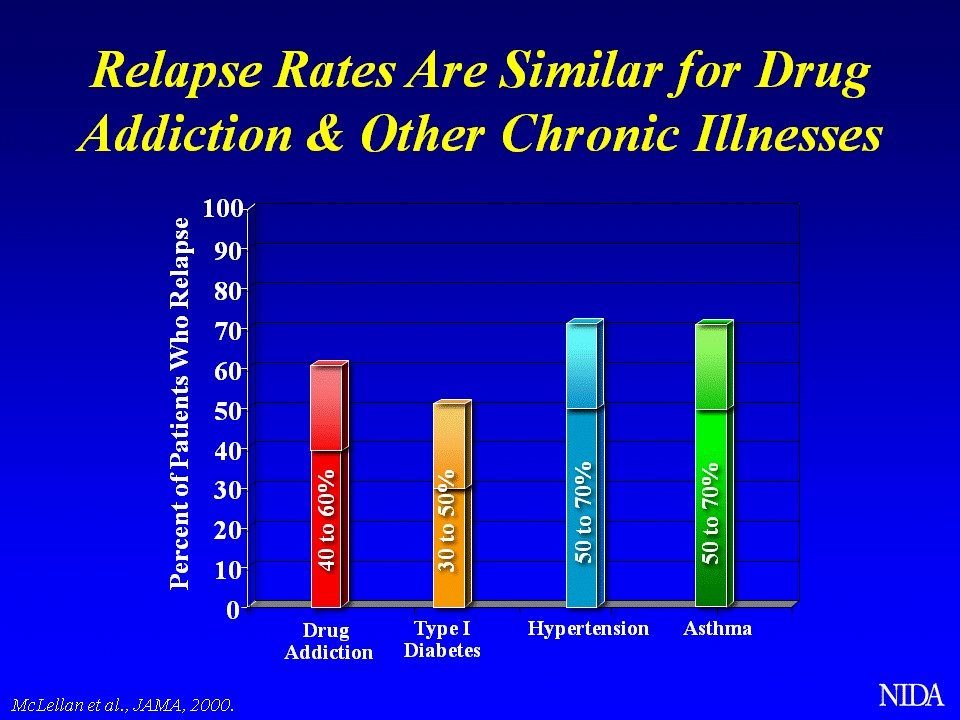
Asking how to beat addiction, is comparable to asking how to beat heart disease, diabetes or even cancer. You never truly beat addiction, but some proven methods can help you to live a life free from drink, drugs and unhealthy behaviours.
If you suffer from a drug or alcohol addiction, this question is likely to be one that constantly crosses your mind, unless you have already found a means of addiction recovery that works for you.
While addiction cannot be cured, and the good news is that much like any other chronic illness or disease, addictive behaviour CAN be managed effectively. With the correct professional help, treatment and support, you CAN become the person that you have always wanted to be.
Being addicted does not have to be a life sentence; by applying evidence-based treatment methods on a daily basis, you will re-educate your brain, learn to live a sober and clean life and be able to embrace any challenges that come your way.
When looking for a way to beat or manage your own addictive habits, actually understanding what addiction is paramount to finding a solution.
Many people (usually those who do not suffer from addiction) see it as a poor life-style choice and a selfish one at that. Certainly, addiction does lend to very selfish behaviour and poor decisions. However, let us look at what being addicted actually is? – Making a judgement on yourself or another person without knowing the full facts is unhelpful, to say the least.
The World Health Organisation (WHO) defines substance misuse and substance dependence in the following terms:
‘ICD-10 Clinical description
A cluster of physiological, behavioural, and cognitive phenomena in which the use of a substance or a class of substances takes on a much higher priority for a given individual than other behaviours that once had greater value. A central descriptive characteristic of the dependence syndrome is the desire (often strong, sometimes overpowering) to take psychoactive drugs (which may or may not have been medically prescribed), alcohol, or tobacco. There may be evidence that return to substance use after a period of abstinence leads to a more rapid reappearance of other features of the syndrome than occurs with nondependent individuals’ (1)
The word ‘phenomena’ is interesting here, as there seems to be no rational explanation for an addict or alcoholic’s behaviour. More to the point, the sufferer of a substance misuse problem is often baffled and confused themselves.
The American Society of Addiction Medicine (ASAM) also compare addiction to other chronic diseases:
‘Definition:
Addiction is a treatable, chronic medical disease involving complex interactions among brain circuits, genetics, the environment, and an individual’s life experiences. People with addiction use substances or engage in behaviours that become compulsive and often continue despite harmful consequences.
Prevention efforts and treatment approaches for addiction are generally as successful as those for other chronic diseases. ‘(2)
Rehab Guide feel that it is beneficial to understand addiction as an illness. Only once it is recognised as the chronic mental and physical health illness that it is can successful treatments be sought to manage the condition.
Now that you have a better understanding of what being addicted actually is and what exactly you are up against, this may help you to be open to the possibility of finding an effective treatment.
Addiction has a very high relapse rate, but where professional treatment is applied, this is reduced to a rate that is similar to other chronic lifetime illnesses. (3)

Source: Drugabuse.gov
While addiction cannot be ‘beaten’ indefinitely due to it being a chronic disorder and a brain disorder, it can most definitely be successfully treated and managed.
Setting aside the shame and stigma that is often attached to this life-threatening condition and understanding that you are a) very ill and b) having the condition is not your fault will perhaps save you a lot of heartache and pain by trying to beat addiction on your own.
Let’s look at it this way. If you were suffering from another chronic illness, such as diabetes or asthma, for instance, you would most likely have no hesitation in seeking the correct medical care for your condition. We feel that the same attitude should be applied when approaching the subject of treating addiction.
Regardless of the substance or behaviour that your addiction manifests in, whether it is alcohol, drugs, gambling or sex, the same evidence-based methods of treatment, when tailored to the individual, DO work.
Today, addiction is far better understood, and as a result, treatment is more successful. So, if you are having trouble overcoming please be assured that there is a way out; it starts by taking control and asking for professional help.
While we would always advocate that professional treatment is the most successful form of overcoming addiction, some people do find recovery through other means.
12-step fellowships such as Alcoholics Anonymous, Narcotics Anonymous and Gamblers Anonymous have proven to be a very effective tool in many individuals’ recovery toolboxes ‘. Others find that a combination of both professional treatment and mutual aid groups work for them. The key element for both pathways of recovery is that the individual is no longer trying to beat addiction on their own.
Local drug and alcohol action teams can also prove to be a valuable source of free professional treatment on the NHS, as can your GP. We would recommend looking at what you have tried so far. For some, usually those who suffer from physical dependence on drugs or alcohol, a more intensive and comprehensive form of rehabilitation is the only option left.
If you are addicted, the chances are that you have already made many attempts to try and control it by yourself. Let’s be clear here: addiction recovery cannot be controlled or moderated. As a progressive illness of the brain, any attempts to self-moderate or manage usually have only a short-term impact (if you are lucky)
You may have tried to stop drinking and drugging on your own and don’t know how to beat alcohol cravings, only to end up back at square one and then worse. This is a widespread problem faced by those who suffer from this deadly disorder.
Addiction recovery starts with abstinence. Now, if you are battling with your addiction on a daily basis, abstaining may seem unattainable/completely out of reach.
The first thing to identify is if you have a physical dependence on alcohol or drugs. If you do, then the safest and most successful way to stop is through medical detox. This should only be carried out by medical professionals trained in the detox process.
Once you have safely stopped the substance you are addicted to, then the ‘real’ treatment and work can then begin. By undertaking a professional treatment programme for your addiction recovery, you will benefit from:
Whatever form of treatment you choose to help you with overcoming your addiction, we urge you to at least try. By not trying and just giving up, you really are sealing your fate as a victim of addiction. This doesn’t need to be the case; we at Rehab Guide witness the miracle of addiction recovery on a daily basis. We know that recovery from addiction is possible and are waiting to take your call so we can help.
For more information on our professional addiction help & treatment programmes call Rehab Guide today on 020 7205 2845 and speak with one of our friendly treatment experts.
Sources and references: